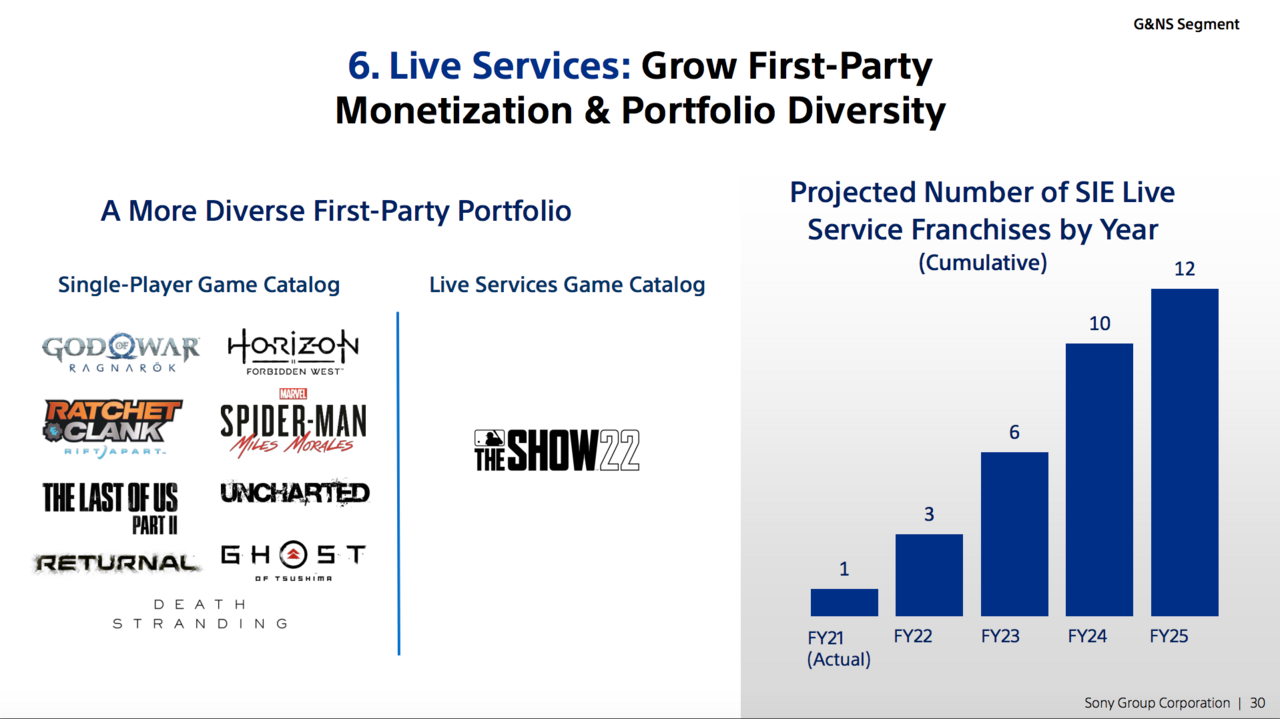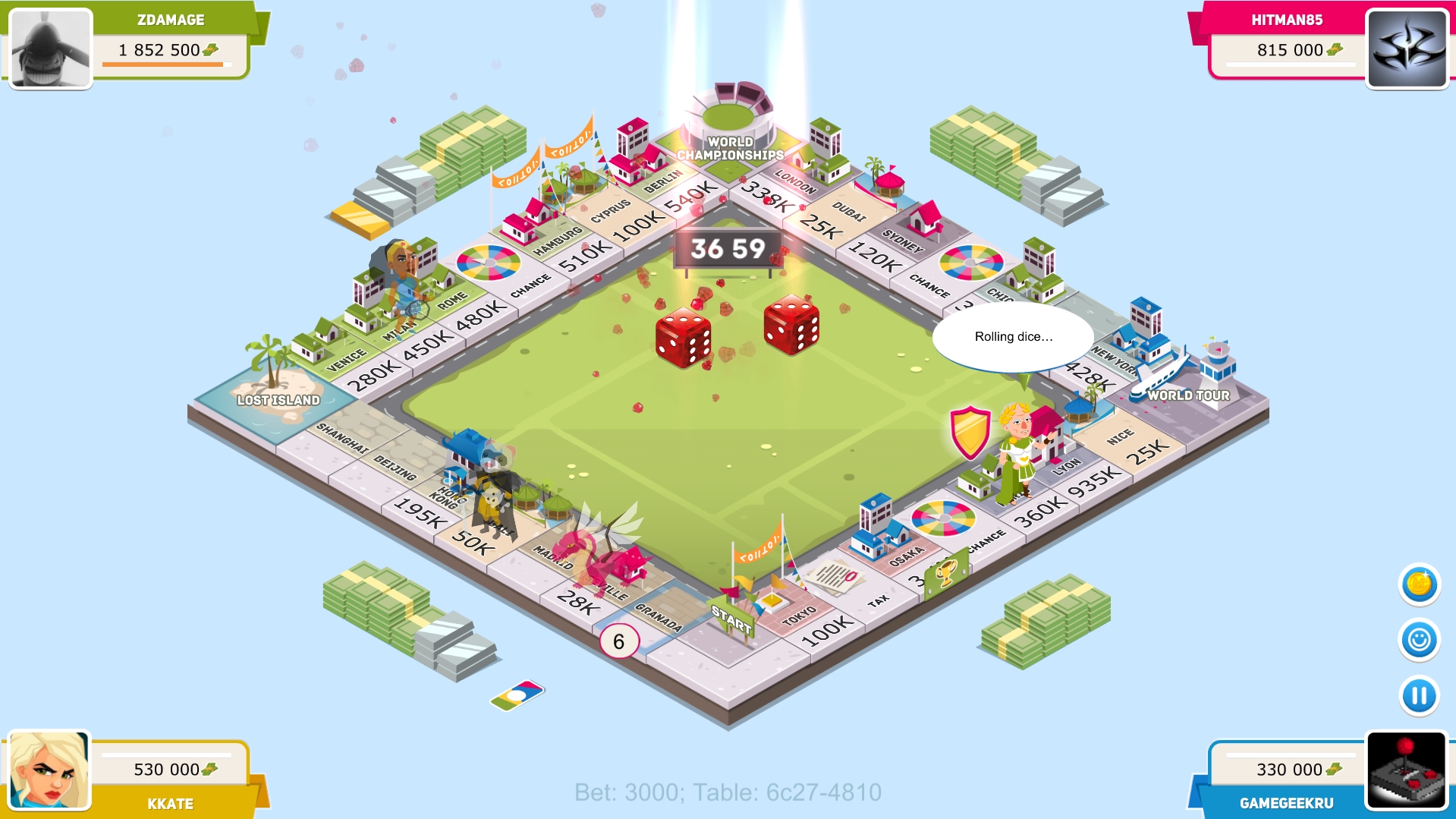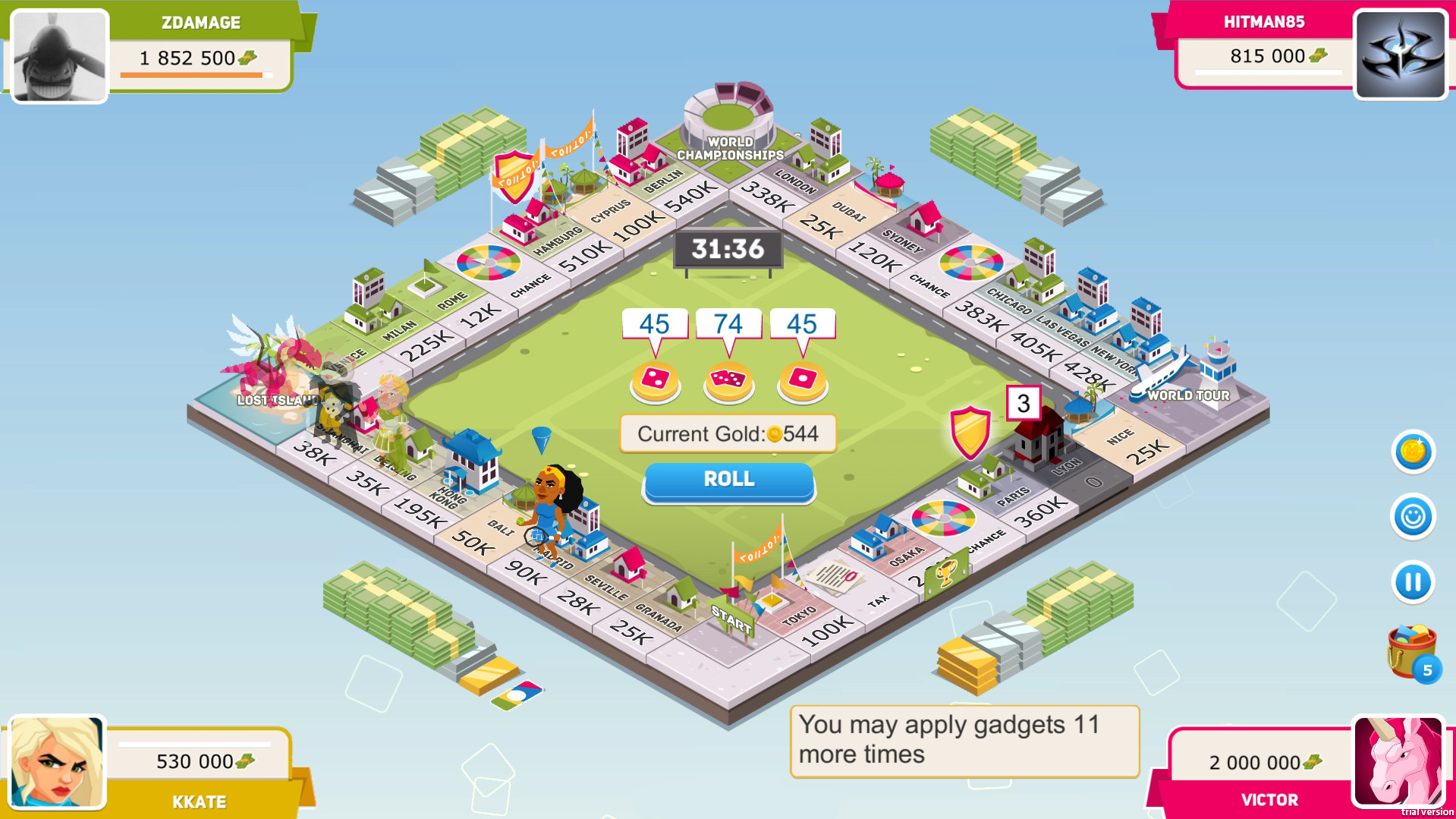Corporate Online Games: A 2025 Vision for Engagement and Development
Related Articles: Corporate Online Games: A 2025 Vision for Engagement and Development
Introduction
With enthusiasm, let’s navigate through the intriguing topic related to Corporate Online Games: A 2025 Vision for Engagement and Development. Let’s weave interesting information and offer fresh perspectives to the readers.
Table of Content
Corporate Online Games: A 2025 Vision for Engagement and Development

The landscape of corporate training and team building is undergoing a dramatic transformation, driven by the convergence of technology, evolving workplace dynamics, and a growing emphasis on experiential learning. Corporate online games, once viewed as a novelty, are poised to become a cornerstone of employee development and organizational success in 2025.
The Evolution of Corporate Online Games
The concept of using games for professional development is not new. Traditional board games, simulations, and role-playing exercises have long been employed in corporate settings. However, the advent of advanced technology, particularly in the realm of virtual and augmented reality, has propelled online games to the forefront of the learning and development landscape.
Key Features of Corporate Online Games in 2025
-
Immersive Experiences: Games will leverage cutting-edge technologies like VR, AR, and mixed reality to create highly immersive environments that seamlessly blend the virtual and physical worlds. This heightened sense of presence will enhance engagement and facilitate deeper learning.
-
Personalized Learning Journeys: Adaptive algorithms will personalize the game experience, tailoring content, difficulty, and pace to individual player needs and learning styles. This personalized approach fosters a sense of ownership and maximizes learning outcomes.
-
Gamified Learning Content: Traditional training materials will be transformed into engaging game mechanics. Scenarios, challenges, and rewards will be integrated into the game narrative, making learning a fun and rewarding experience.
-
Real-Time Collaboration and Communication: Online games will provide platforms for real-time collaboration, fostering teamwork and communication skills. Players can interact with colleagues, share strategies, and solve problems together, mirroring real-world workplace scenarios.
-
Data-Driven Insights: Game data will be meticulously collected and analyzed to track player progress, identify areas for improvement, and measure the effectiveness of training programs. This data-driven approach allows organizations to optimize their learning and development strategies.
Benefits of Corporate Online Games
-
Increased Engagement and Retention: The gamified nature of online games enhances engagement, making learning more enjoyable and memorable. This, in turn, leads to improved knowledge retention and application in the workplace.
-
Enhanced Skill Development: Games can simulate real-world scenarios, providing a safe and controlled environment for employees to practice and develop critical skills, such as problem-solving, decision-making, communication, and leadership.
-
Improved Team Collaboration: Online games encourage teamwork and collaboration, promoting a sense of camaraderie and fostering communication skills. This, in turn, improves team cohesion and productivity.
-
Enhanced Problem-Solving Abilities: Games often present players with complex challenges that require strategic thinking and creative problem-solving. This develops critical thinking skills and improves employees’ ability to tackle real-world issues.
-
Cost-Effective Training: Online games can significantly reduce the cost of traditional training programs. They eliminate the need for physical training facilities, travel, and accommodation, making learning accessible and cost-effective.
Types of Corporate Online Games
-
Simulation Games: These games simulate real-world scenarios, allowing players to practice decision-making and problem-solving skills in a controlled environment. Examples include business simulations, crisis management scenarios, and negotiation games.
-
Role-Playing Games: Players take on specific roles within a simulated environment, interacting with other players and making decisions that impact the game’s outcome. These games develop communication, teamwork, and leadership skills.
-
Quiz and Trivia Games: These games provide a fun and engaging way to test knowledge and reinforce learning. They can be used to assess comprehension of training materials, review key concepts, or stimulate friendly competition among colleagues.
-
Adventure Games: These games involve players exploring virtual worlds, solving puzzles, and overcoming obstacles. They can be used to develop problem-solving, critical thinking, and creativity skills.
Implementing Corporate Online Games
-
Clearly Define Objectives: Before launching any online game, organizations must clearly define their learning objectives. What skills do they want to develop? What knowledge do they want to impart?
-
Choose the Right Game: Not all games are created equal. Organizations must select games that align with their learning objectives and target audience. Factors to consider include game mechanics, content, and target skill set.
-
Integrate with Existing Systems: Games should seamlessly integrate with existing learning management systems (LMS) and other HR platforms to ensure data collection, performance tracking, and reporting.
-
Provide Support and Guidance: Players may require guidance and support during the game. Organizations should provide clear instructions, tutorials, and access to support personnel to ensure a smooth and enjoyable experience.
-
Measure Results: It is crucial to measure the effectiveness of online games. Organizations should track key metrics such as engagement, knowledge retention, and performance improvement to assess the game’s impact on employee development.
FAQs
Q: Are corporate online games suitable for all employees?
A: While online games offer a valuable learning tool, they may not be suitable for all employees. Factors such as age, technical proficiency, and learning preferences should be considered. Organizations can tailor their game selection and implementation strategies to cater to diverse employee needs.
Q: How can organizations ensure the effectiveness of corporate online games?
A: Organizations must carefully select games that align with their learning objectives, provide adequate support and guidance to players, and rigorously measure the impact of the games on employee performance. Regular feedback and data analysis are essential for optimizing game effectiveness.
Q: What are the ethical considerations associated with corporate online games?
A: Organizations must be mindful of ethical considerations such as data privacy, accessibility, and inclusivity. Games should be designed and implemented in a way that respects the privacy of players and ensures equal access to all employees.
Q: How do corporate online games fit into the future of work?
A: Corporate online games are poised to play a significant role in the future of work. As technology continues to evolve and workplace dynamics shift, games will become increasingly important for developing the skills and competencies required for success in the 21st century.
Tips for Implementing Corporate Online Games
-
Start Small: Begin with a pilot program involving a small group of employees to test the game and gather feedback before rolling it out to the entire organization.
-
Encourage Collaboration: Promote teamwork and collaboration among players by incorporating team-based challenges and rewards.
-
Provide Incentives: Offer incentives such as badges, points, and leaderboards to motivate players and encourage engagement.
-
Collect Feedback: Regularly solicit feedback from players to identify areas for improvement and ensure the game remains engaging and effective.
-
Stay Updated: The world of online games is constantly evolving. Stay informed about the latest trends and technologies to ensure your corporate game strategy remains relevant.
Conclusion
Corporate online games are not simply a fun diversion; they represent a powerful tool for employee development and organizational growth. By harnessing the power of technology, gamification, and personalized learning, these games can transform the way organizations train, engage, and develop their workforce. As technology continues to advance and workplace demands evolve, corporate online games are set to play an increasingly crucial role in shaping the future of work. By embracing this innovative approach to learning and development, organizations can unlock the full potential of their workforce and achieve sustained success in the years to come.








Closure
Thus, we hope this article has provided valuable insights into Corporate Online Games: A 2025 Vision for Engagement and Development. We thank you for taking the time to read this article. See you in our next article!